Hot Topics
Through the ISF Coordination Group - Environmental and Social Responsibility (ESR), the following stories showcase how the private seed sector, as a critical player in broader agri-food value chains, contributes to sustainable and resilient food systems.
Environmental Sustainability
Decarbonizing seed supply chains (Bayer)


Bayer Pro Carbono Commodities is a solution to address the challenges of the supply chain towards decarbonization, while connecting and acknowledging forest preservation in Brazil.
A tool developed in collaboration with Embrapa (Brazilian Agricultural Research Corporation), the Footprint PRO Carbono, is based on an internationally recognized methodology (e.g., Life Cycle Assessment or LCA). It allows for the measurement of the carbon footprint of large-scale soybean producers using specific crop data.
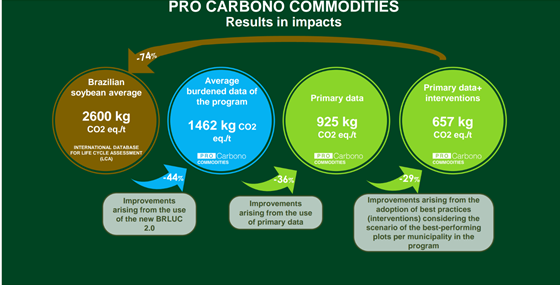 Graphic: Bayer
Graphic: BayerAll participating farmers and program areas underwent a socio-environmental analysis, including the presence of protected areas and deforestation-free areas in the last 10 years. All farmers committed not to deforest their areas during the program.
Find out more in this video from Bayer (in Portuguese).
Microplastic-Free Seed Coating (Germains)
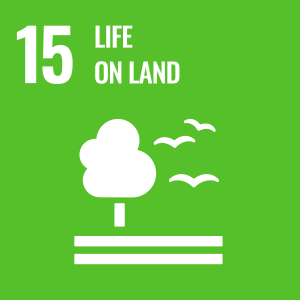
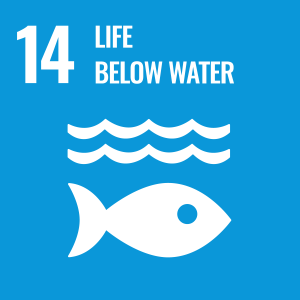
Microplastics are small pieces of plastic, usually smaller than 5mm. A growing volume of microplastics is found in the environment, including the sea and in food and drinking water. Once in the environment, microplastics do not biodegrade and tend to accumulate unless specifically designed to biodegrade in the open environment.
The introduction of microplastic-free seed coatings aims to provide the seed industry with a range of solutions to reduce the negative impact of food production on the environment.
These coatings are quality seed technology solutions that enhance the inherent potential of seeds, leading to the successful cultivation of high performance crops without the impact of microplastics polluting the environment.
Find out more on Germains’ website.
Sustainable Water Use (Semillas Fitó)
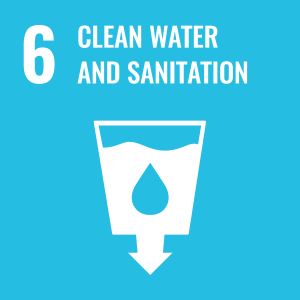
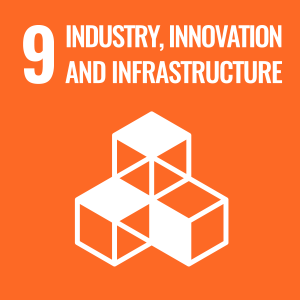
The production of vegetable seeds involves different activities that require the supply of water resources. The consumption of water is especially high in seed extraction and washing operations. These activities are essential, since they allow the seeds to be separated from the fruit, removing all plant remains.
To optimize water resources for this activity, Semillas Fitó has implemented two new extraction technologies at various locations in Spain. These systems enable the following savings:
- For Solanaceae (pepper, tomato and aubergine) a vacuum extraction system was implemented that reduced water requirements by 100%.
- For cucurbits (melon and courgette), the water flows were reduced. This technological change allows for a reduction of approximately 95%.
- For seed washing, a work methodology has been implemented on the Almería farm that replaces the previous practice of cleaning through a continuous flow of water with one that is based on the use of centrifugation appliances. This enables a greater quantity of seed to be concentrated in each operation with an approximate reduction in water consumption of 30%.
Find out more in their Annual Report (p. 67).
Regenerative Agriculture Demo Plots (Syngenta)


At the Syngenta Seeds R&D Innovation Center in Malta, Illinois, a 12-plot regenerative agriculture demonstration field brings four key principles to life for corn and soybean growers:
- minimizing soil disturbance (through no-till or low-till farming);
- keeping plants in the ground year-round (through the use of cover crops);
- crop diversification (through crop rotation); and
- precision agriculture (using GPS seed and soil mapping to ensure that biological and chemical inputs are precisely applied only when needed).
The Innovation Center, strategically located in the heart of the North American corn belt, was specifically designed to foster the most intimate collaboration between Syngenta’s research and development teams and the farmers who stand to benefit from their research and discoveries by offering farmers a permanent seat the the “innovation table.”
Find out more on Syngenta’s website.
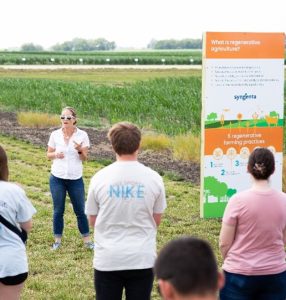 Photo: Syngenta Seeds
Photo: Syngenta SeedsSocial Sustainability
Wage Improvements in Seed Hybrids (WISH) Project
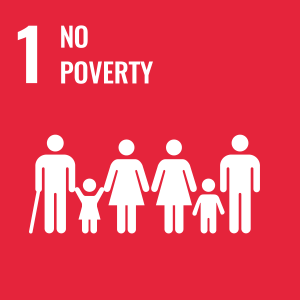

Wage Improvements in Seed Hybrids (WISH) is a multistakeholder collaboration in which BASF Nunhems, Syngenta, and Arisa are focused on addressing minimum wage compliance issues and child labor issues in India’s vegetable seed sector.
Recent industry reports indicate labor rights violations and child labor continue to be a challenge facing India’s agriculture industry. WISH aims to understand the root causes to be able to tackle these issues and provide interventions to address the challenges across the supply chain.
The project team aims to implement meaningful change across multiple focus areas by 2025.
Find out more on the BASF Nunhems website and on ARISA’s website.
Empowering Women Farmers (East-West Seed)


Women are key players in the rural economy and agriculture value chains. Women farmers, in particular, face unequal opportunities primarily due to gender-based disparities. Despite these challenges, they have demonstrated resilience by developing coping mechanisms to access knowledge, participate in decision-making processes, and collect benefits from their agricultural activities including vegetable production.
East-West Seed Knowledge Transfer (EWS-KT) made a strategic decision to reach 40% of women in its interventions, with the goal of supporting women farmers to develop successful businesses and contributing significantly to thriving rural economies.
Find out more on EWS-KT’s website.
Climate-Smart Agriculture for Smallholder Farmers (BASF Nunhems India)


Of India’s rural households, 70% depend primarily on agriculture for their livelihood, with the vast majority being small subsistence farmers, like the tribal smallholders in Harichandanpur. In 2018, CINI (Collectives of Integrated Livelihood Initiatives), a nodal agency of Tata Trusts, and BASF Nunhems India initiated a project to better integrate these smallholders in the agricultural value chain. This effort helped them improve their income, transition to true agricultural entrepreneurship and better the livelihoods of their families and communities in a “climate-smart” manner.
Find out more on BASF Nunhems India’s website.